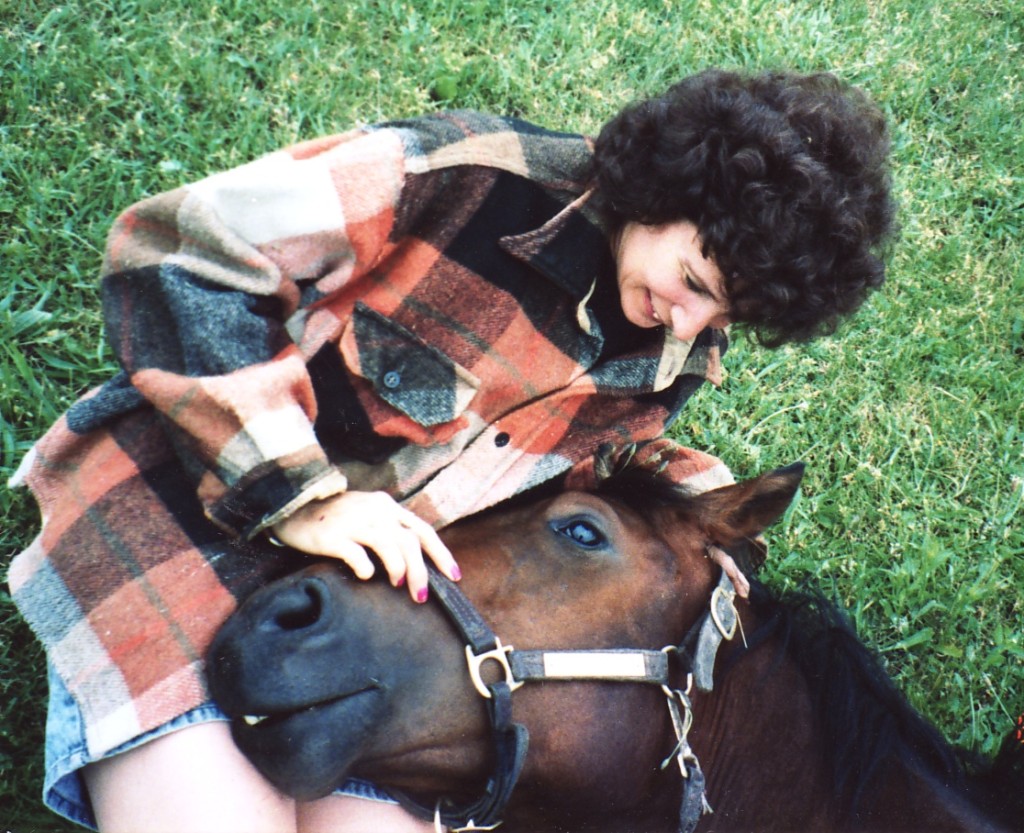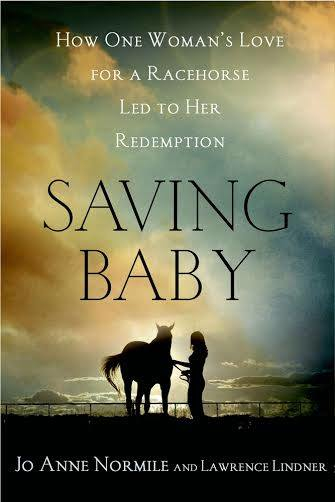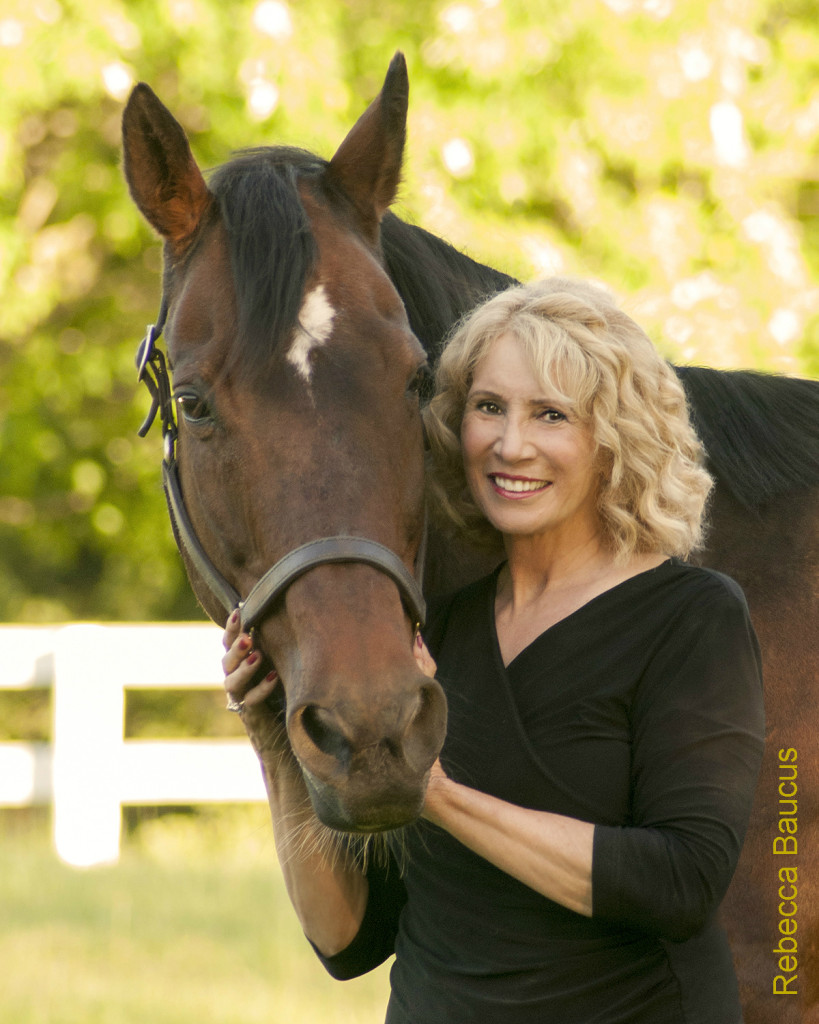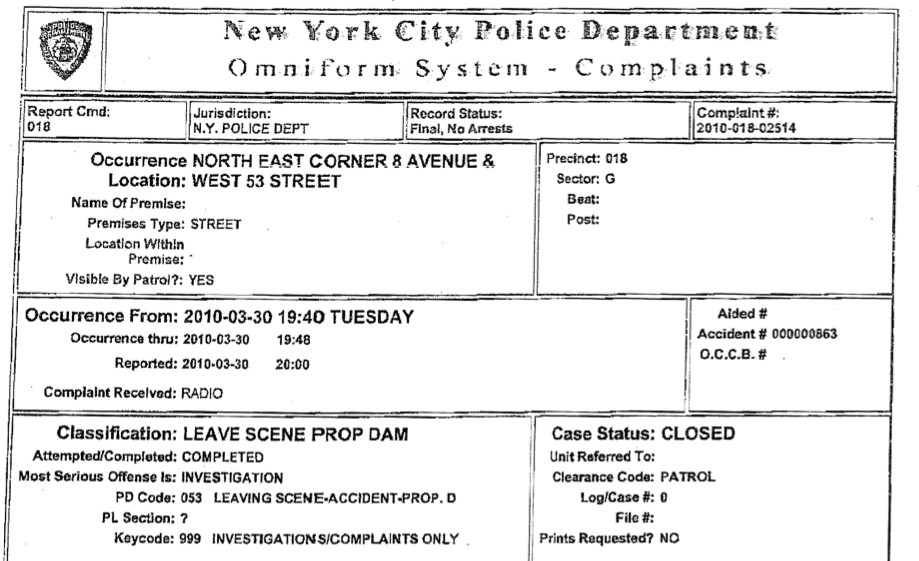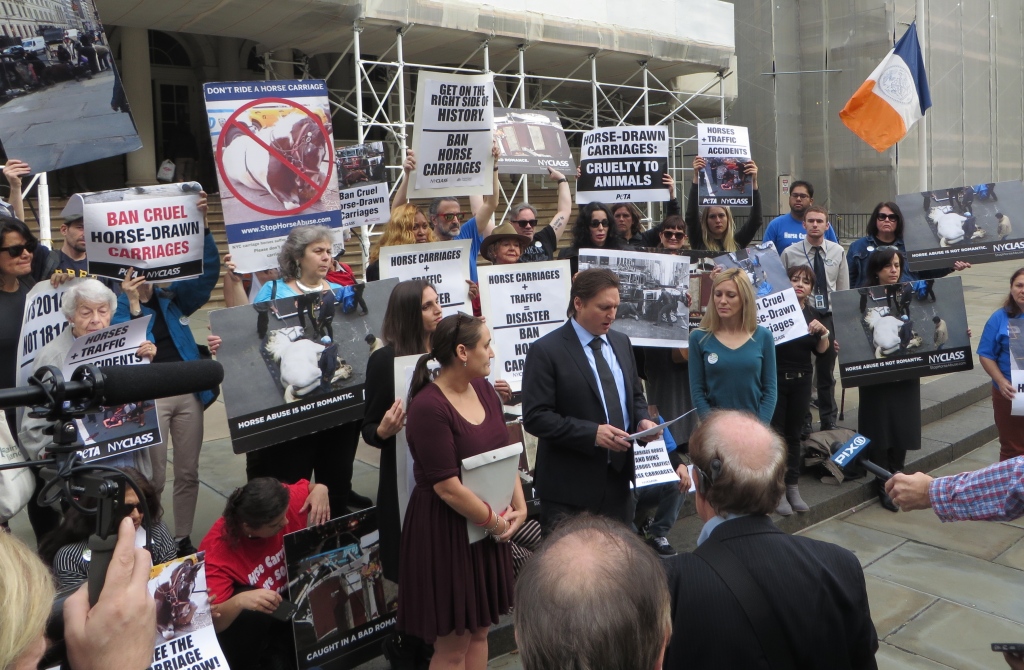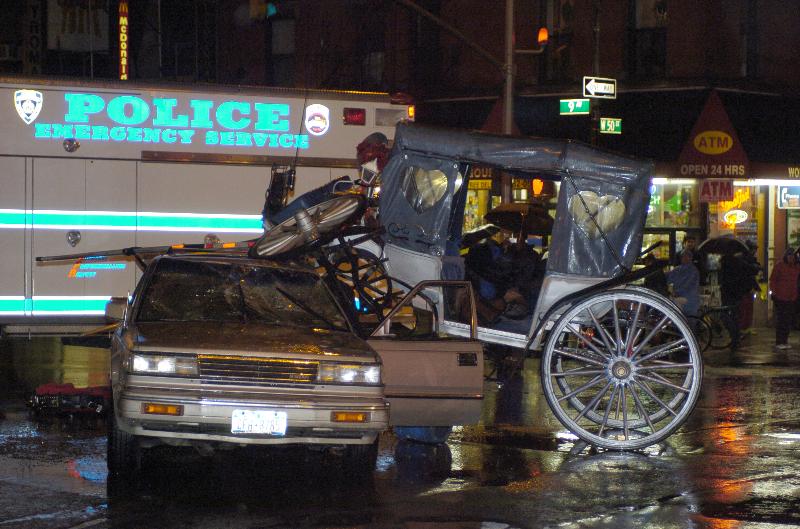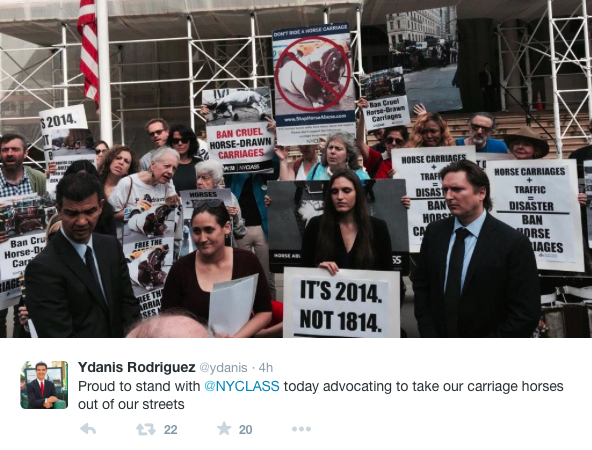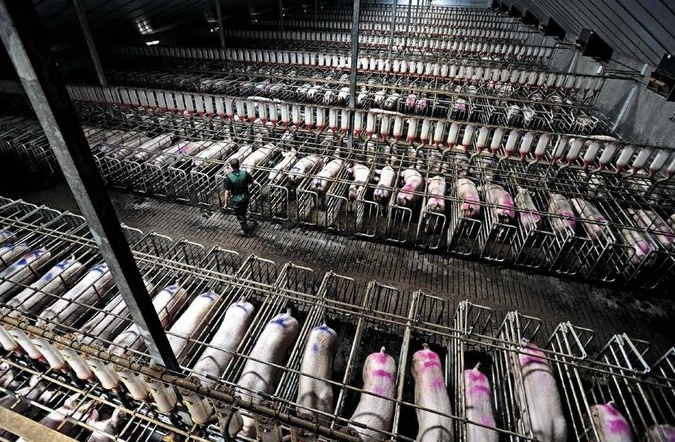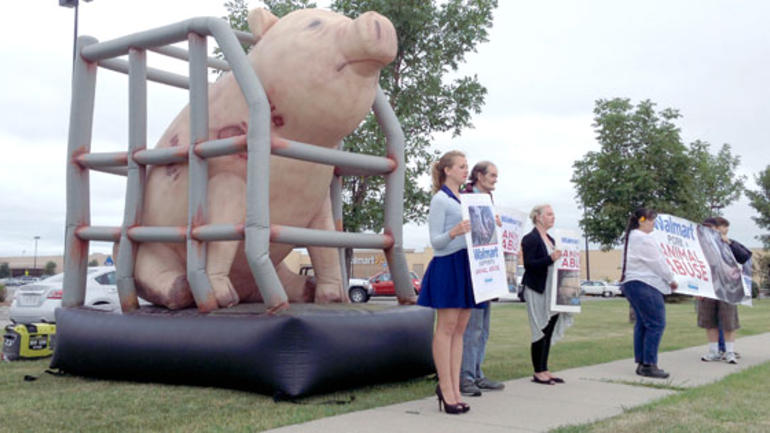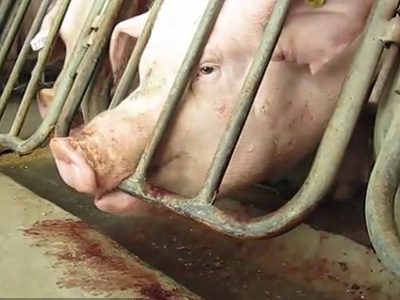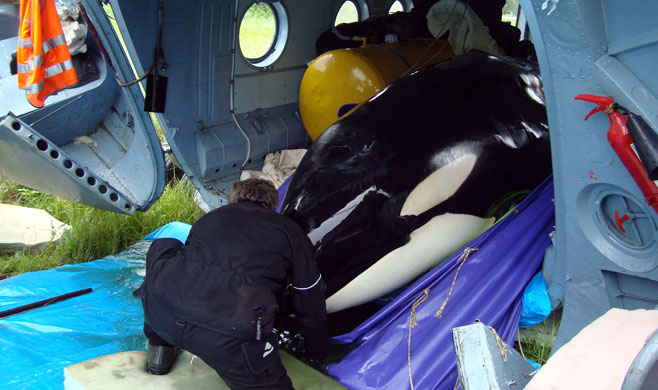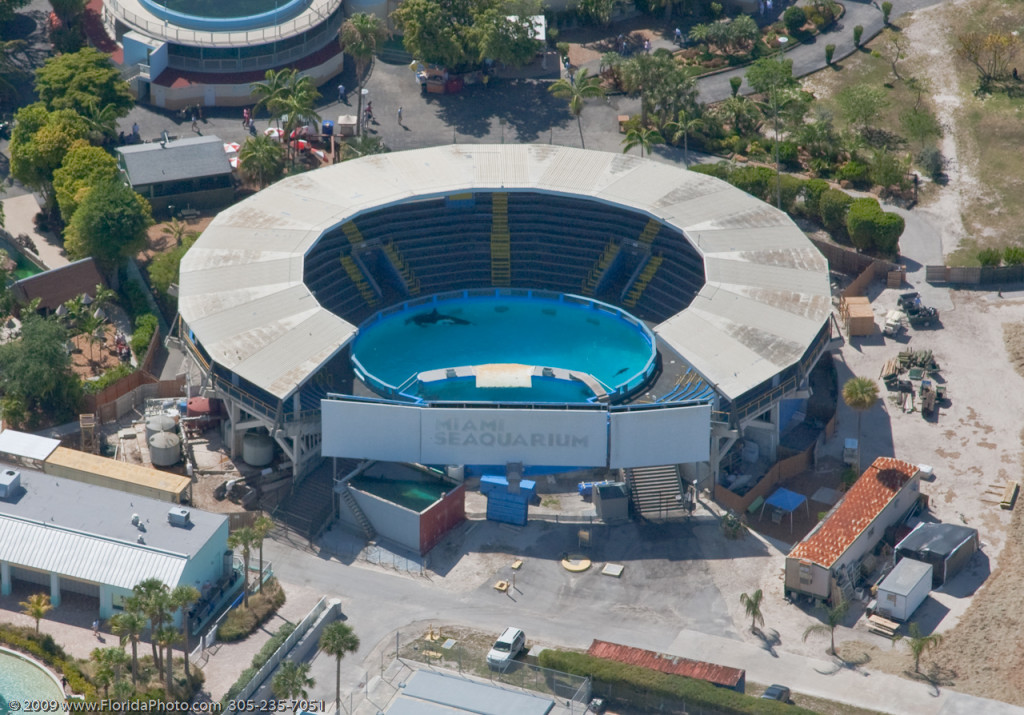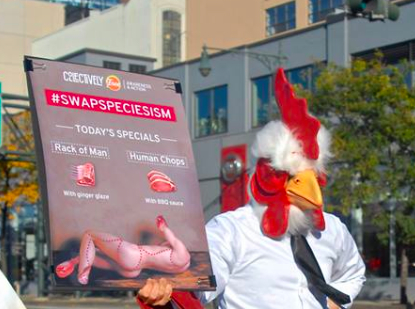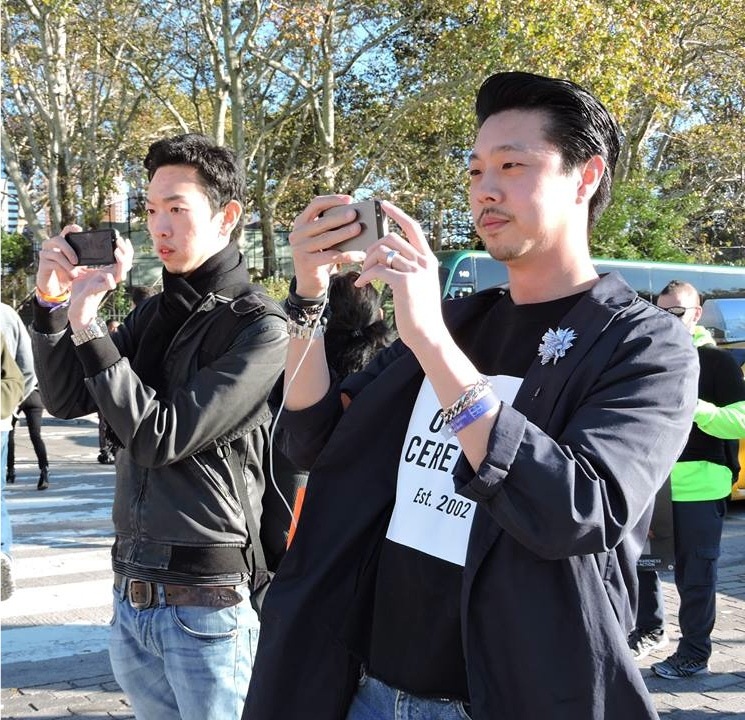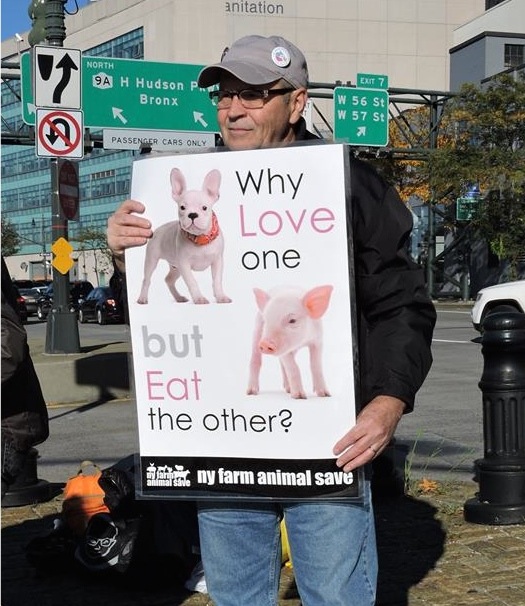Unmuzzled: Former Thoroughbred Breeder Exposes Horse Racing Abuse In Tell-All Book
The News
When Michigan native Jo Anne Normile entered a granddaughter of Secretariat into racing in 1995, she thought the “Sport of Kings” was all about custom hats, mint juleps, shiny trophies and a blanket of red roses thrown over a gleaming horse. Soon after, however, she learned the truth – that racing is $40 billion gambling industry disguised as a sport – an industry that discards spent horses the way a casino trashes a bent deck of cards.
In 1991, before she became a racehorse breeder and owner, Normile was looking after a horse for a breeder. When the horse gave birth in her barn, Normile had to resuscitate the newborn, who wasn’t breathing. The life-affirming experience moved her to adopt the foal and name him Baby. A year later, Scarlett – the granddaughter of Secretariat – was born in the same barn stall. Both were sent to the track.
Three years later, after Baby shattered his leg on a racetrack due to negligence of the track owners, Normile came to a harsh realization: “When you mix animals and money, the animals will always lose.” And she asked herself, “How I can support racing? The horses spend 23 hours a day in their stalls. Injured horses are forced to run. Drugging and death are rampant. And the finish line is too often a slaughterhouse!” She immediately pulled Scarlett off the track – forever. She says that 15,000 to 20,000 Thoroughbreds are sent to slaughter every year, and many of them are loaded into trailers by kill buyers right behind the tracks.
In her book, SAVING BABY, Normile gives an uncensored account of what happens behind the scenes at the track and chronicles her journey from race to rescue. “When I learned that the abuse and neglect at my own track were endemic to the industry and watched owners sell their supposedly beloved horses for pennies on the pound, I decided to take my fight into the halls of government. After much stonewalling, I resolved to take it to the streets with this book. I want people to know the fate of the horses they watch race.”
In addition to writing SAVING BABY and lobbying government officials, Normile, as part of her about-face, founded CANTER, a rescue group that, under her leadership, collected more than 4,000 “used up” thoroughbreds at the tracks and transported them to save havens. Today, she gives speeches on the truth about racing at equine events across the country. And she co-founded a new rescue, Saving Baby Equine Charity that rescues all equines at risk.
Your Turn
Now available in hardcover, Saving Baby can be purchased at bookstores and online. Readers contribute to the rescue of horses because a portion of proceeds from the sale of every book goes to her new rescue, SAVING BABY EQUINE CHARITY.
To stay apprised of efforts to expose and end horse racing in the United States, please “like” Horseracing Wrongs on Facebook.





